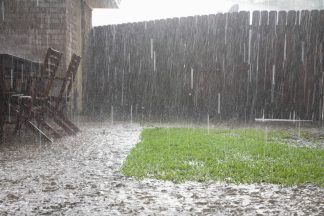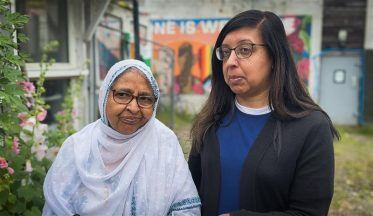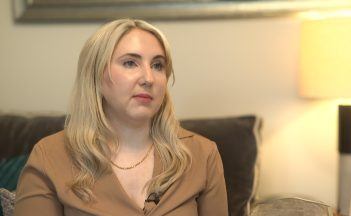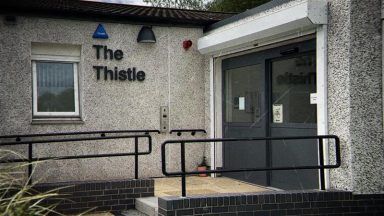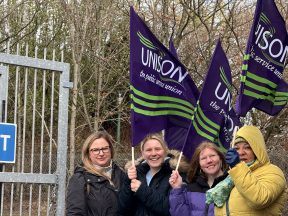Mental health services in Scotland are affected by “racial inequalities”, a review has indicated.
The application of mental health legislation differs across ethnic groups, while perceived risks either to oneself or to others also varied across ethnicities, according to the report by the Mental Welfare Commission for Scotland (MWC), which examined data for the past 10 years.
It found people who are black or of mixed ethnicity were seen as a greater risk to themselves and others, whereas all categories of white people were more often seen as a risk only to themselves.
The greatest difference was between black women, 48.4% of whom were perceived as a risk both to themselves and others, and white Scottish women, for whom the figure was 33.8% .
Risk to oneself and/or to others is one of the criteria for authorising involuntary treatment.
A key safeguard of having an independent specialist consent to all emergency detentions, which experts have previously said is too low across the board, was lowest for black people.
Fewer than half (45%) of detentions involving black people had the safeguard, compared with 53% of detentions among white Scots, the report added.
The MWC added it wants better recording of data, adding that “time and again” its investigators found a lack of information of ethnicity, both for mental health patients and staff, in records.
Some 32 people, half of whom were refugees, with “lived experience” of mental health difficulties, either their own or as a carer or volunteer, described difficulties accessing treatment.
The report said: “When they did have contact with mental health services, some described how they did not feel that their stories were understood and at times, believed.
“They experienced difficulties in recounting narratives around the asylum process which they found traumatic.”
“Time and again we found that information on ethnicity had not been recorded and reported.
The interviewees also described a “constant drip of micro-aggressions”, which are events not explicitly racist but deemed discriminatory, such as one participant feeling targeted when a security guard tailed her in a shop.
The report, Racial Inequalities and Mental Health in Scotland, was prompted by the notorious killing of George Floyd in the US and “racial disparities in health outcomes” during the Covid-19 pandemic.
It makes a total of 30 recommendations to health and political authorities across the public sector, many of which include directions to capture better data.
Elsewhere, about one-third of staff who provided details of experiences of racism, of whom almost all were white Scots, said they had colleagues who had been racially abused.
Seven in 10 staff said there had been gaps in “equality and diversity” training, including on hidden disabilities, gender identity pronouns and unconscious bias.
Dr Arun Chopra, medical director of the MWC for Scotland, said: “The murder of George Floyd in the US and the subsequent resurgence of the Black Lives Matter movement focused attention on how people from minoritised ethnic backgrounds continue to be discriminated against across the world.
“The Covid-19 pandemic has also focused attention on health inequalities and particularly on racial disparities in health outcomes.
“With those two global events as drivers, we wanted to explore how well Scotland’s mental health sector performs in relation to racial equality.
“We found that almost a third of our professional survey respondents reported that they had seen or experienced racism directed at their NHS colleagues.
“Time and again we found that information on ethnicity had not been recorded and reported.
“Poor quality data might seem simply a bureaucratic issue, but it is more than that – without gathering accurate information we cannot hope to properly understand whether or not policies are being delivered for people or understand the extent of the disparities in health outcomes and interventions.
“The span of recommendations in this report reflects that delivering a service that is truly fair for all will require a collective effort across civil society. We are not there yet.
“I hope this report leads to a series of actions within mental health services and is the start of a much wider discussion.
“We know that Scotland’s mental health services are under enormous pressure but we need them to never lose sight of the importance of serving all of our communities”.
Follow STV News on WhatsApp
Scan the QR code on your mobile device for all the latest news from around the country


 iStock
iStock
